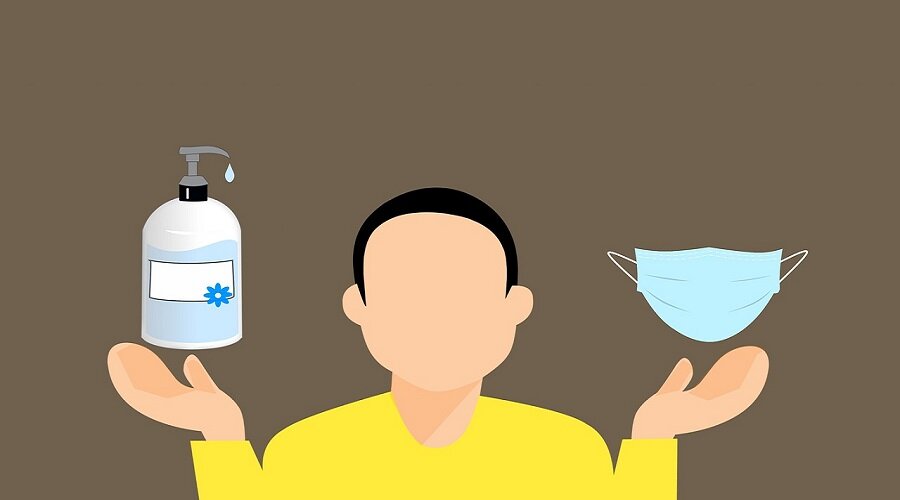COVID-19 or Coronavirus is a virus that causes respiratory disease and can be fatal for people with pre-existing chronic conditions and weakened immune systems.
You can reduce your chances of being infected or spreading COVID-19 by taking some simple precautions:
- Avoid crowded places and keep social distancing of at least 1 meter (2 meters and more are preferable).
- Avoid contact with sick people.
- Wear a mask in public
- Do not share eating utensils and food
- Wash your hands regularly with soap and water

Related Articles
Check out our other related articles for more tips!







